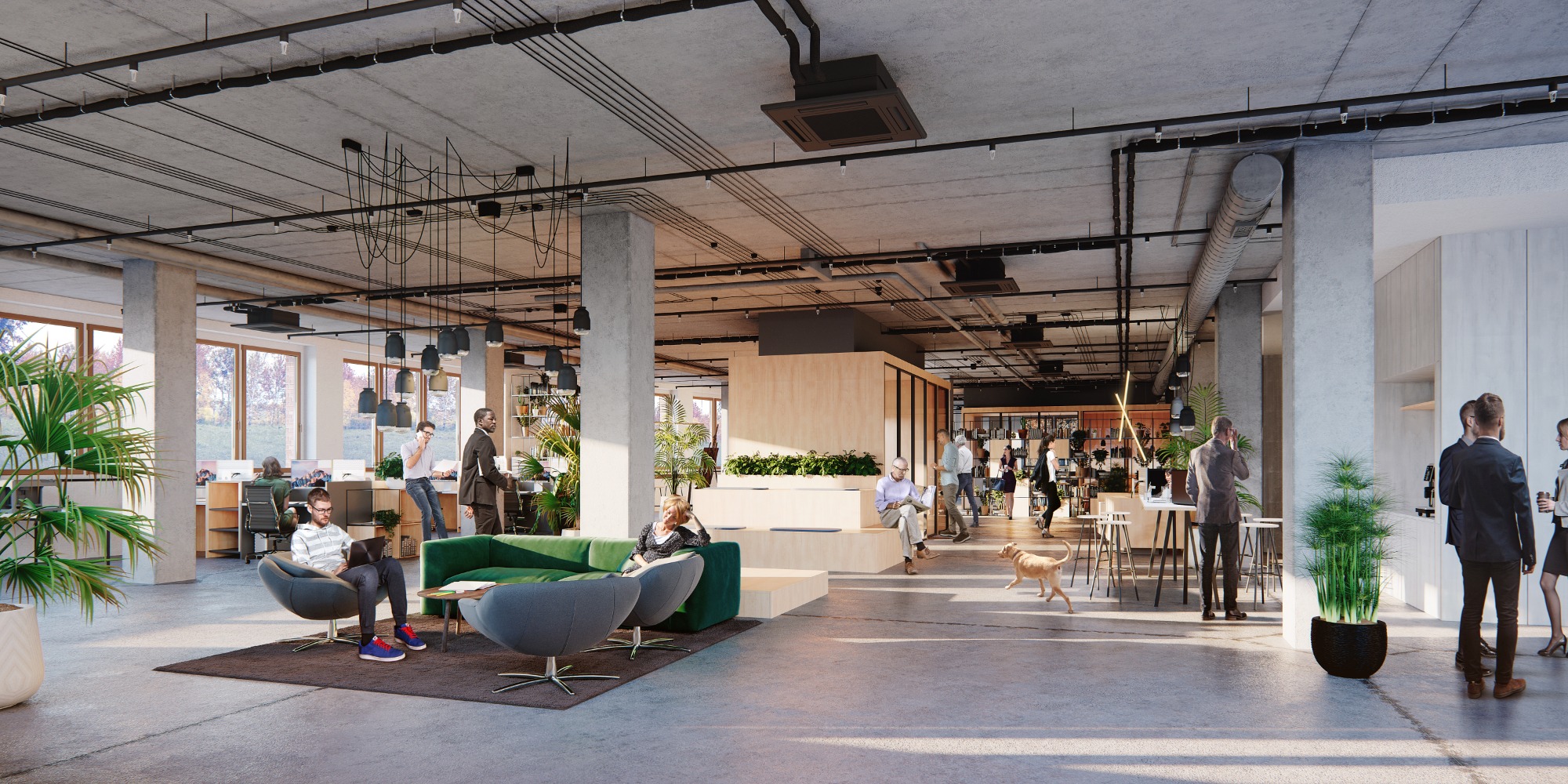Editorial

Dear readers,
the Corona pandemic still has us in its grip - and it is still not possible to foresee what medium- and long-term effects it will have on the economy and the real estate markets. Much has already changed, and one certainty stands: In some areas, we have experienced a catalyst for innovation in the past twelve months that has not been seen for a long time.
The change in the world of work and the increasing digitalisation of processes will not be reversed in some respects. Especially in the office sector, companies are already making binding decisions for the next 10 to 15 years based on new strategies. The pandemic, it seems, also shows how important it is to act boldly at the right moment. For example, customer interest in energy-efficient buildings is growing significantly, and real estate management has also become more sensitive to health and comfort aspects such as effective ventilation.
Nevertheless, the question remains: can clear criteria for the "office of the future" be identified at all in the current state of limbo? For this issue of the newsletter, we have at least endeavoured to shed light on current and expected developments and to ask for suitable strategies for the real estate sector: Where do users place the emphasis? In communication, location connectivity or the flexibility of the individual workplace? What are the long-term requirements in view of the changes in the world of work - and what role does real estate play in attracting the top performers of tomorrow?
I am pleased that we were able to win over an absolute top expert for a discussion: Pawel Krolikowski, Managing Director and Head of Workplace Consulting at CBRE Germany, provides us and you with insights into strategic considerations of his clients - and above all highlights the individual 'user experience', which is becoming the core argument for or against a specific real estate solution.
I hope you enjoy reading this issue and that you gain one or two valuable insights. Hang in there, stay healthy and, above all, don't lose one thing: confidence and anticipation for the future - because there will be plenty of exciting tasks in the office real estate sector in the coming years.
Yours, Stefan Klingsöhr
1_In Berlin
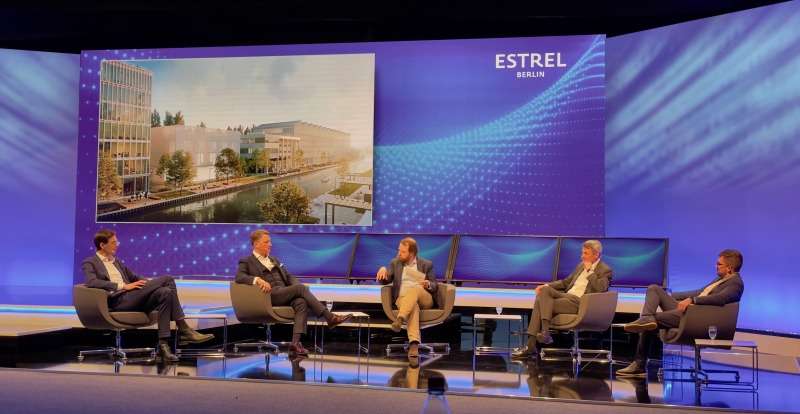
Off to New Shore(s)
Neukölln is one of Berlin's future locations. For years, the district has been increasingly upgraded, attracting young professionals and highly qualified people from Germany and abroad to the southern S-Bahn ring. Stefan Klingsöhr discussed the basis for this development - and the near future - in a high-calibre panel.
"Location, location, location" - the old real estate mantra actually still applies. But especially in the current times, one has to approach this topic in a more differentiated way. Where do unused potentials lie? Which developments in urban space are already foreseeable? Which locations are most attractive for employees and companies? What opportunities are there for attractive value developments?
Stefan Klingsöhr has already discussed what makes a good location in the 21st century with Martin Hikel (District Mayor of Berlin-Neukölln), Markus Buder (Head of Commercial Real Estate Financing at Berliner Sparkasse) and Gabriel Khodzitski (Managing Director of PREA Group) at the Hotel Estrel.
Everyone agreed on one point: Berlin in particular remains dynamic and has potential for new top addresses and synergies that no one is thinking of yet.
Watch the discussion here
2_In progress
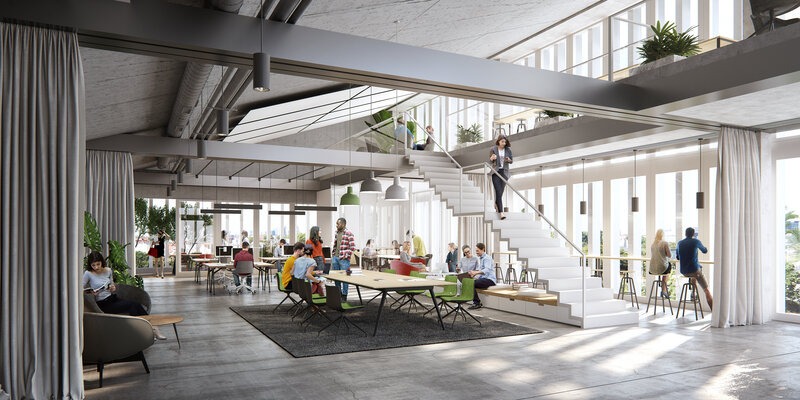
What users and investors expect from the office of the future
The way people live and work has probably never changed as quickly as it does today. The office must not lag behind, but must meet the wishes of its users. The most important aspects associated with a sustainable urban lifestyle and the values of tomorrow's workers:
New forms of collaboration and work
Digitalisation has already left its mark on all areas of life and made processes more flexible - but this process is far from over. Work will continue to change and take on new forms in the coming years and decades. The more creative tasks that need to be done, the more importance will be attached to the workplace as a space for exchange and inspiration. Instead of focusing on the individual workstation and ergonomic aspects, efficiency in the future will also mean: high-quality meeting and social spaces, attractive leisure-related offers to create the most fertile climate possible for the next disruptive idea.
Technical equipment is gaining in importance
The office will therefore become even more important because its architectural qualities and building functions are what lay the foundations for the dynamic teamwork of tomorrow. At the same time, the integration of team members is now possible around the globe, there is cross-border cooperation and new possibilities for working together in mobile teams. But all this is nothing without a powerful backbone: the company location where all processes converge and all employees find a fixed point of identification. This can only be ensured by a modern building that combines high-quality equipment, a high quality of stay and exemplary efficiency.
Optimal locations in growing metropolises
A demanding and ambitious company chooses a location strategically and with its own corporate identity in mind: Which location corresponds to the company's values and goals? Where will the future employees and managers live? What development and growth potential is there locally? A frequent answer: in locations close to the centre of the metropolises, where prices are still moderate and the creative scene is lively and active. A key role here is played by the connections, which ideally are characterised above all by individual combinability. Rail, e-vehicles, car-sharing and bicycles - the employees of tomorrow want to be flexible and not tied to one mode of transport. So the more versatile a location is connected, the better.
Real estate expertise is (once again) a crucial asset
Even though these potentials offer good prospects for the development of commercial real estate for the sustainable, digital and flexible economy of the future - at the same time, the economic challenges are increasing. The growing densification in major cities is increasing competition for space and locations. In addition, capital is becoming more risk-averse again after long years of record turnover, which makes price rallies unlikely. Office project developers should therefore concentrate on expanding their competences in future-oriented areas and focus on quality. After all, quality is the decisive factor in whether tomorrow's employees feel comfortable in an office - and thus also in the long-term success of the project.
3_Interview
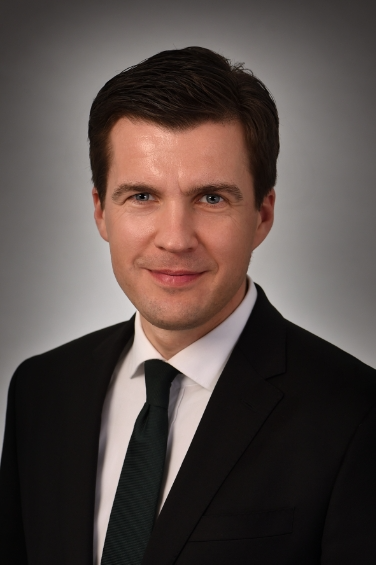
"The importance of the user experience will increase".
What new functions is the office taking on in the 21st century? What makes issues such as identity and energy efficiency as important for investors as they are for users? A conversation with Pawel Krolikowski, Managing Director and Head of Workplace Consulting at CBRE.
Do people still need an office these days? Or does Corona bring the end of the classic idea of the office as a central place of work and communication?
Compared to the years before 2020, we are observing significant changes in demand and requirements. But no one is questioning the meaning of the office as such. The companies we advise are questioning their space requirements, and some functions of the office are being put to the test. In the past, we analysed a company based on the departments and their specific requirements, for example. Since 2020, we have increasingly been thinking in terms of personas, i.e. individual user profiles. Someone who lives in a small flat in the city has a different motivation to come to the office than an employee with a house in the country where there is enough space for a fully equipped workplace. The pandemic acts here as a trigger for a new differentiation.
What other consequences does this change have? What do you see as the most important future issues in office real estate?
The importance of the individual user experience will certainly continue to grow. We see this in the fact that the distribution of space is changing. Areas for collaboration and communication are clearly gaining in importance, while the share of individual workplaces is relatively declining. So in future it will be more important how well an office is adapted to changing requirements. It is also to be expected that the home office will become an integral part of the working and corporate culture. One of our clients has already declared that it will hire employees regardless of location in the future. This will result in new requirements for technical equipment.
That means the home office during the pandemic has also changed the demand for specific building features?
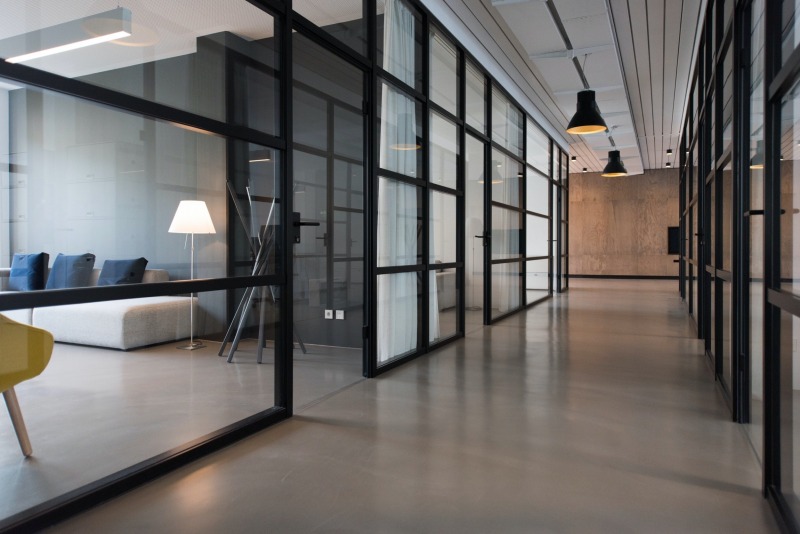
Yes, the need for good equipment has grown. This has several aspects: Currently, most employees are still in the same setup, the majority work from home, and exchanges take place virtually. This will probably change again in the course of the year, because an increasing number will return to the office - but not all. From this point on, it is important to make it possible to work at eye level. For example, you need equipment for hybrid meetings that ensures that everyone can still participate. In addition, the need for more active space management will increase in the future. All in all, the importance of technology is growing. This also applies to the area of health and comfort: the demand for air conditioning and ventilation, for example, has increased significantly - which is of course also related to the health issue.
What long-term consequences will the pandemic have?
Due to greater individualisation, the workforce will inevitably become co-designers of the offices. Companies will use this as much as possible to optimise their space requirements. But one has to look at this with caution: If it turns out that employees are less productive when they work in a home office, this can quickly reverse. Basically, decisions made today in this regard are already relatively long-term, after all, you also conclude a rental agreement with new space requirements for five or ten years. Of course, the economic perspective remains decisive: what is worthwhile is retained, what increases costs and risks is scaled back.
Another important topic for the future is climate protection and energy consumption: Are you already observing an increased demand for energy-efficient buildings?
In the long term, sustainability will become a core issue in commercial real estate, and we are observing an increase in demand. However, you have to differentiate: International clients and those with professional corporate real estate management are in some cases already asking exclusively for certified properties. Smaller, local companies have not yet internalised the topic. Especially in construction, however, this topic will quickly gain in importance - after all, project developers have to build in such a complex way that as much potential for change as possible is already covered.
Image credit: CBRE and Nastuh Abootalebi on Unsplash
4_In detail

How climate and performance interact
35 percent. This is how high the real estate sector's share of Germany's primary energy demand is. In view of the enormous challenges that climate change poses for society as a whole, there must and will be some movement in the commercial real estate sector as well. But the search for technical and economic solutions for climate-compatible real estate has only just begun. What will the industry focus on? What will future users demand? One thing is clear: it will take a combination of different measures to achieve the necessary transformation. The following aspects are likely to have a decisive influence on future developments:
Thesis 1: Certifications will become the standard
The requirements for documentation and information resulting from the EU Disclosure Regulation can only be met systematically. It is unlikely to be economically feasible at either project or company level to set up separate structures to monitor all relevant processes and supply chains. The only feasible way forward will therefore be certification in the very worst case. Only a confidence-building - and gradually improving - reference framework will give users, real estate companies and investors the necessary security. It is therefore to be expected that certification of commercial properties will no longer be an add-on but a standard feature of every professional project development in just a few years.
Thesis 2: Accessibility beats prestige
Additional levies on greenhouse gas emissions will also further change transport behaviour in the coming years. Motorised private transport will decrease, while people's mobility will continuously increase due to the flexibilisation of work. For the strategic choice of location, companies will therefore increasingly move away from concentrating on prestigious addresses and focus on individual accessibility by customers and above all employees. A good multimodal connection to the public transport system and the bicycle paths planned on a large scale in Berlin, for example, will thus become a central criterion - as will the immediate proximity to the largest possible pool of skilled workers.
Thesis 3: Energy consumption will become a knock-out criterion
The goal of a rapid and lasting reduction in emissions will have an even more direct impact on economic strategies at another point: The more the price of CO2 causes energy costs to rise, the larger their share in the costs of a business location will become. The corresponding tipping point will therefore be reached relatively quickly - and properties that are not energy-optimised will thus become a risk factor for long-term orientation, as the total costs from this point on will be higher than those in a sustainable property. The conclusion for the real estate industry and investors is this: Those aiming for long-term success should focus on energy-efficient building and operating concepts as early as possible.
Image credit: GattoTere on Unsplash

